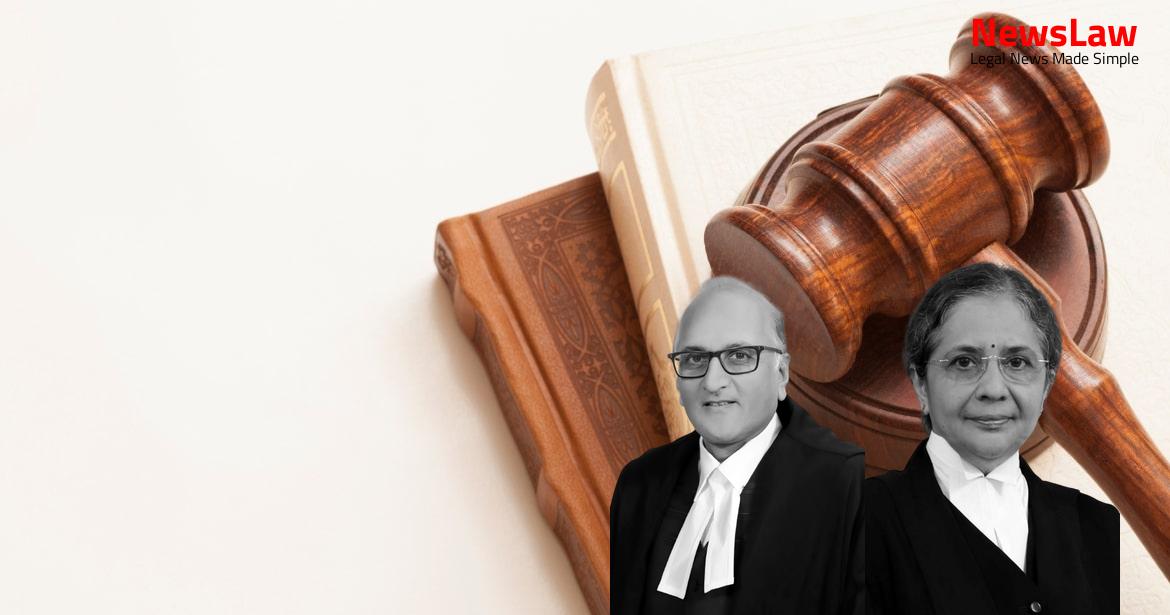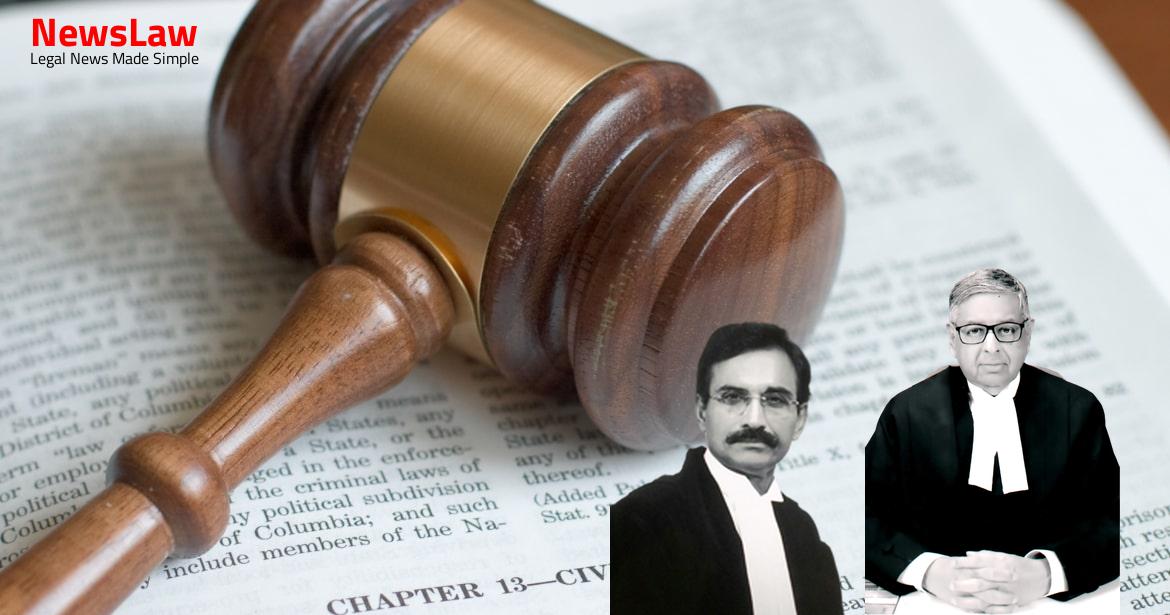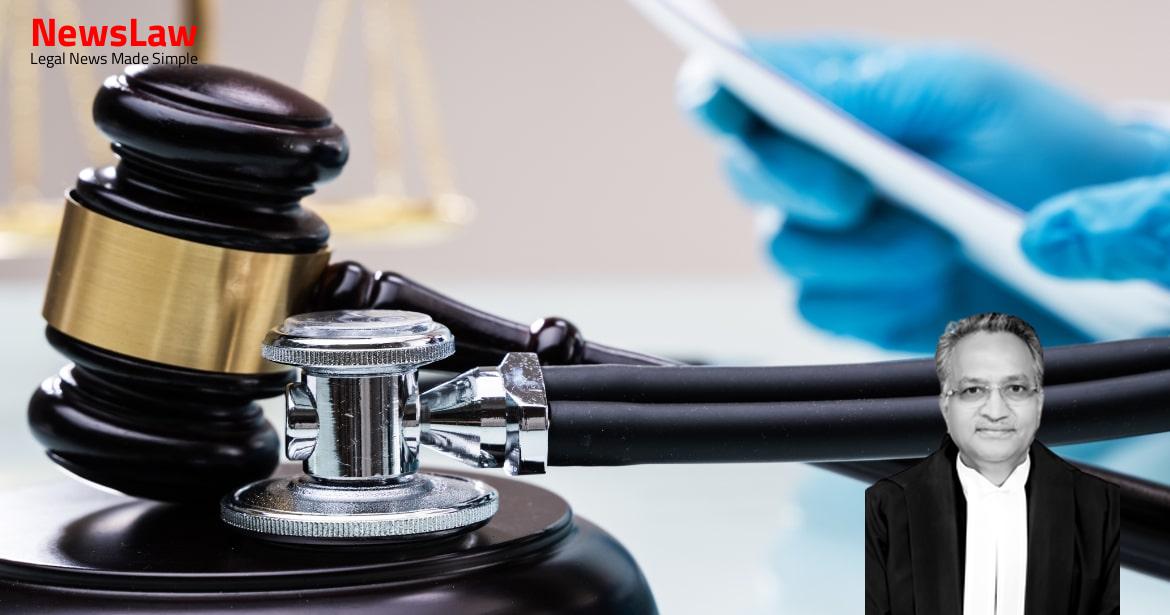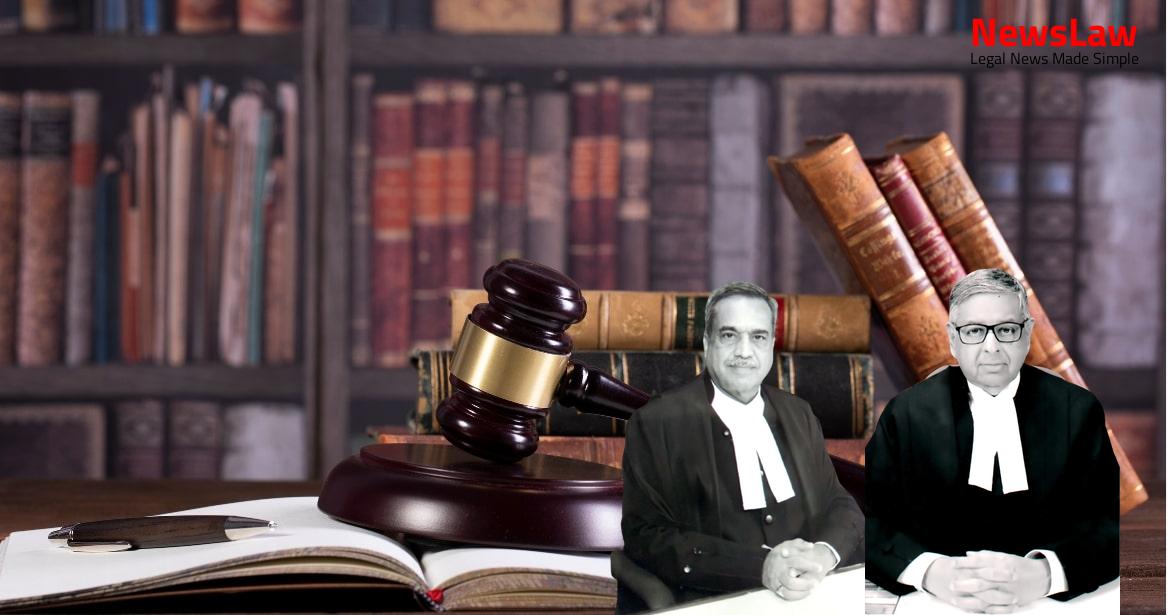In a complex legal scenario, an independent trust finds itself at odds with a temple over a contentious audit directive. The court’s legal analysis delves deep into the intricacies of the relationship between the two entities, shedding light on the implications for future proceedings. Follow along as the nuanced legal arguments unfold in this unique case.
Facts
- The Sree Padmanabhaswamy Temple Trust (SPSTT) was created in 1965 by the former ruler of Travancore for the purpose of perpetuating devotional offerings, religious rites, and family traditions.
- The Trust’s main objective is to provide financial assistance for specific poojas and rituals in the Temple, not to run the Temple itself.
- The Trust income is to be used solely for the benefit of the Temple and its operations.
- The Trust’s income comes from rentals of owned buildings and is primarily used for maintenance, upkeep, and offerings for the Temple.
- Despite facing financial crisis due to the COVID-19 pandemic and lockdown, the Trust has been supporting the Temple by utilizing available funds.
- A special audit was directed by the Supreme Court for the Temple and the Trust, but the Trust has not yet provided its accounts for audit.
- Additional objects of the Trust include funding for specific ceremonies, repairs, and maintenance of Temple property.
- The Trust’s income has decreased over time due to properties being transferred for Temple use, leading to limited revenue for the Trust.
Also Read: Electoral Malpractices in Mayor Election
Arguments
- The Trust is willing to cooperate with Mr. Rai for scrutiny of the audit report and conduct a fresh audit if necessary.
- The existing audit report does not mention certain key findings related to the relationship between the Trust and the Temple.
- Mr. Vinod Rai was requested to complete the audit for the period 01.04.2009 to 01.04.2014.
- Considering the above orders and submissions, there may be an audit for the entire period from 01.04.2008 to 01.04.2014.
- Applicant is distinct and separate entity from the Temple.
Also Read: Balancing Power and Transparency: Electoral Bonds Struck Down, Disclosure Mandated
Analysis
- The Applicant argues that the direction for audit in Paragraph 116 of the judgment is misdirected as it pertains to the functions of the Temple committees, not the Applicant.
- The Applicant emphasizes that it is an independent entity separate from the Temple and not subject to audit by the Temple committees.
- The judgment did not specifically address the Applicant (SPSTT) or its functions, therefore, the direction for audit is deemed unwarranted.
- The Applicant had already undergone a special audit as per Court orders and raised objections to it.
- The audit mentioned in the judgment primarily pertains to the Temple and its properties, not the Applicant.
- Subjecting the Applicant to another audit is deemed highly unreasonable and unjustified given its stand-alone nature as a trust.
- The directions in the judgment do not extend to controlling the trusts created by the erstwhile Ruler for different purposes.
- There were no adjudications or findings contrary to the Applicant’s independence from the Temple.
Also Read: Recall of Resolution Plan Approval: Legal Analysis
Decision
- Mr. Rai raised a demand for a sum of Rs. 45,00,000/- as the total fee, including expenses, up to December 2015.
- The urgency for immediate action was emphasized in the report dated 31.08.2021.
- The Administrative Committee on 13.06.2017 expressed their lack of clarity on the temple’s financial position, and quarterly budget proposals were mandated.
- A special audit report was submitted in March 2016 by Mr. Vinod Rai regarding the temple and the trust’s properties, along with recommendations.
- The judgement dated 13.07.2020 highlighted the necessity for an audit of both the temple and the Sree Padmanabha Swamy Temple Trust (SPSTT).
- A direction was given for the completion of the special audit within three months.
- The Government was permitted to request the scaling down of staff for inventories and artifacts.
- The second prayer of the Miscellaneous Application required further assessment post the special audit.
- The Court refrained from delving into certain issues as they related to the second prayer.
- The Court acknowledged the need for various accounts statements to be presented regularly to the Committee.
Case Title: SRI MARTHANDA VARMA (D) TH. LR. . Vs. THE STATE OF KERALA STATE OF KERALA . CHIEF SECRETARY (2021 INSC 525)
Case Number: MA-002280-002281 / 2020



